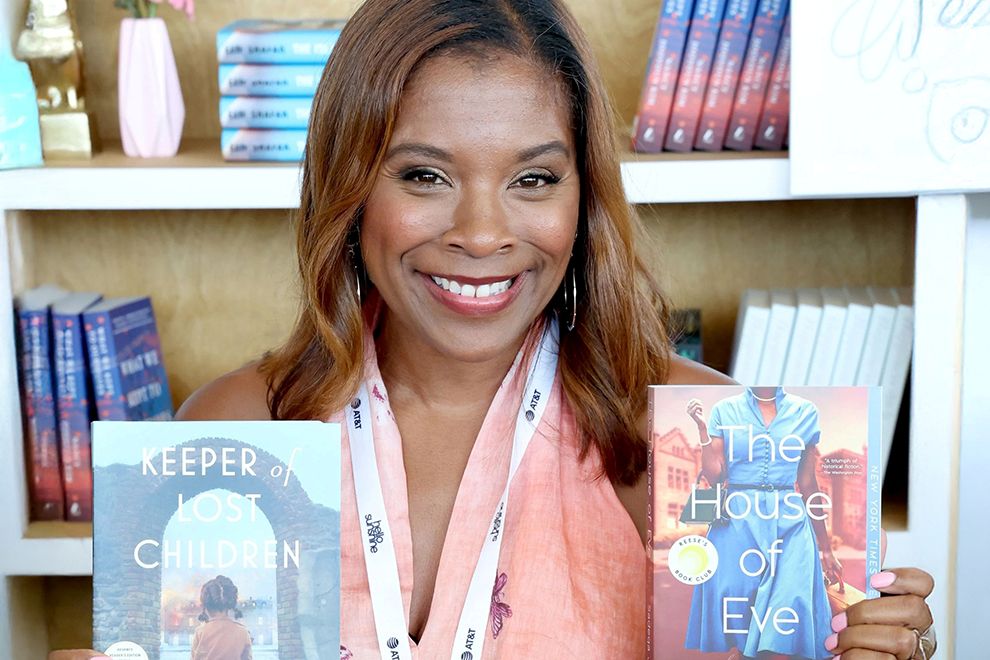Just because you’ve destroyed the bad photographs proving you suffered through the awkward stages of adolescence chances are that doesn’t mean you were able to erase it from your memory. As soon as someone mentions puberty, visions of the teenage boy scanning my first bra at the Kmart checkout counter flash through my head.
While for over the past century, the onset of puberty has begun earlier and earlier, Richardson and Schuster claim there is still a general sequence of event to puberty’s various innovations. “As a rough guide to the changes in their usual order of appearance, girls tend to start with breast budding, followed by pubic hair, the fastest phase of their growth spurt, and then menstruation. Boys start with growth of their testicles, followed by pubic hair, penis enlargement, ejaculation and wet dreams, and then the peak of their growth spurt.”
But if you’re like me, while the refresher is helpful, this isn’t the part you needed help with. I want to know what to say and when to say it. Richardson and Schuster “recommend that you give your child an overview before puberty starts – most parents will be safe starting at age eight – and then repeat those lessons in greater detail as puberty marches on and they become more pertinent.”
If you have girls, “tell her about the little bumps she might feel in her breast just as it is beginning to bud.” And since her breasts may develop at different rates, reassure her that “within two years or so, her breasts should be much closer in size.” Once you notice your daughter developing breasts, it’s time to make sure she understands menstruation. Assuming there’s a woman in the house, this shouldn’t bring too hard to bring up since it is likely happening monthly. But you should know that “for several months before menarche, girls may have a small amount of vaginal discharge that is thin, clear or milky, and odorless. This fluid comes from the uterus and it is normal.”
Boys, on the other hand, will not only begin their puberty later but you will also be less likely to notice. “Boys will have been getting erections since they were infants, but now they will probably become more aware of them and more self-conscious about them.” Letting them know that erections are a normal part of a boy’s life is important. “Ejaculation is probably the big surprise for boys. Let your son know it in advance that this will start happening when he is in the midst of puberty, so it won’t scare him.” Richardson and Schuster also suggest you “be specific about wet dreams and masturbating to orgasm.”
But don’t try to squeeze everything into a single conversation. Just as I’m h aving to read this book in stages because it’s a lot to digest all at once, your child will need more than a one-time lesson. While these talks may provide awkward moments, you might as well do your best to bond because, as Richardson and Schuster remind us, “what may be the most complex of all is the fact when puberty happens, when your kid goes over the bump, she’s not the child she used to be. She’s an adolescent girl, with an adolescent mind. And that, friends, that is an organ that can really behave in some startling new ways.”
Don’t forget to like Parenting by the Book on Facebook for updates on blog posts.
Check out Victoria Winterhalter’s other blog, Befriending Forty (http://befriendingforty.blogspot.com), and find out what happens when the person you thought you’d be meets the person you actually became.




